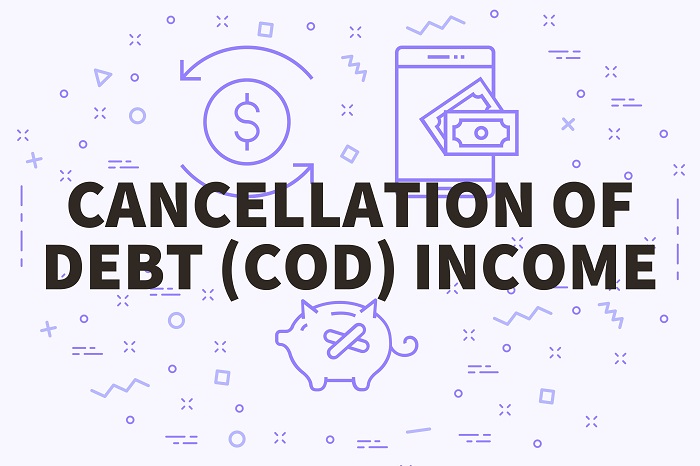 The U.S. Court of Appeals for the Seventh Circuit recently reversed the dismissal of a debtor’s claim under the federal Fair Debt Collection Practices Act, holding that the debtor stated a plausible claim that the dunning letter she received violated the FDCPA.
The U.S. Court of Appeals for the Seventh Circuit recently reversed the dismissal of a debtor’s claim under the federal Fair Debt Collection Practices Act, holding that the debtor stated a plausible claim that the dunning letter she received violated the FDCPA.
Here, the Court held that the dunning letter at issue implied that the debt collector would file a 1099C form with the Internal Revenue Service, when in reality it was clear to the Seventh Circuit that the creditor would never file a 1099C form because the amount in each letter was less than $600.
A copy of the opinion in Heredia v. Capital Management Services, L.P. is available at: Link to Opinion.
The defendant debt collector sent form letters to debtors offering several payment options involving percentage reductions of the debt if the debtor paid certain amounts by dates certain.
The defendant sent four dunning letters to the debtor, one of which contained at the end a caveat that settling a debt for less than the total amount owed “may have tax consequences” and the creditor “may file a 1099C form.”
The debtor sued, alleging the “1099C clause” violated sections 1692e and 1692f of the FDCPA. As you may recall, section 1692e prohibits debt collectors from using “false, deceptive, or misleading misrepresentation[s] or means in connection with the collection of a debt. … And under section 1692f, a debt collector may not use unfair or unconscionable means to collect or attempt to collect any debt.”
In determining whether the language of a collection letter is false, deceptive or misleading, the Seventh Circuit “view[s] the disputed language from the objective point of view of an ‘unsophisticated debtor.’”
The Seventh Circuit began its analysis by noting that “[g]enerally, the question of whether a disputed statement is false, deceptive, or misleading is a fact-laden one and therefore a [trial] court may not dismiss a complaint unless the disputed statement is plainly, on its face, not misleading or deceptive.”
The Court also noted that it had recently decided in Dunbar v. Kohn Law Firm S.C., which involved a similar “tax consequences clause” that stated, “NOTICE: This settlement may have tax consequences[,]” that the clause did not violate the FDCPA because it “is literally true and not misleading under the objective ‘unsophisticated consumer’ test.’”
However, the Seventh Circuit ruled that the 1099C clause here was a different matter because whether a 1099C form is filed or not “is information within the knowledge of the creditor. … Only the debtor knows whether, given her financial situation as a whole, she will have to pay taxes on the forgiven debt. The creditor, however, knows whether it will have to file a 1099C form or not … [because] [t]he Internal Revenue Service requires a creditor to file a 1099C form if it has forgiven at least $600 in principal.”
Thus, the Court reasoned, the creditor “knows for certain whether it is offering to forgive more or less than $600 in principal,” but “[t]he debtor, on the other hand, may have a difficult time determining how much she owes in principal versus interest, as the dunning letter may not identify the amount of each.”
In addition, the Seventh Circuit explained, the language of the 1009C clause “is misleading in a material way because the reference to a report to the IRS may instill angst in the unsophisticated debtor.”
Because, on a motion to dismiss, the Court “must accept as true all well-pleaded allegations and draw all reasonable inferences in favor of the plaintiff” and because as to the 1099C clause it was clear to the Seventh Circuit that the creditor would never file a 1099C form because the amount in each offer was less than $600, the Seventh Circuit concluded that the plaintiff “plausibly alleged” that the “statement that [the creditor] might file a 1099C form is misleading” and reversed and remanded the case to the trial court for further proceedings.


